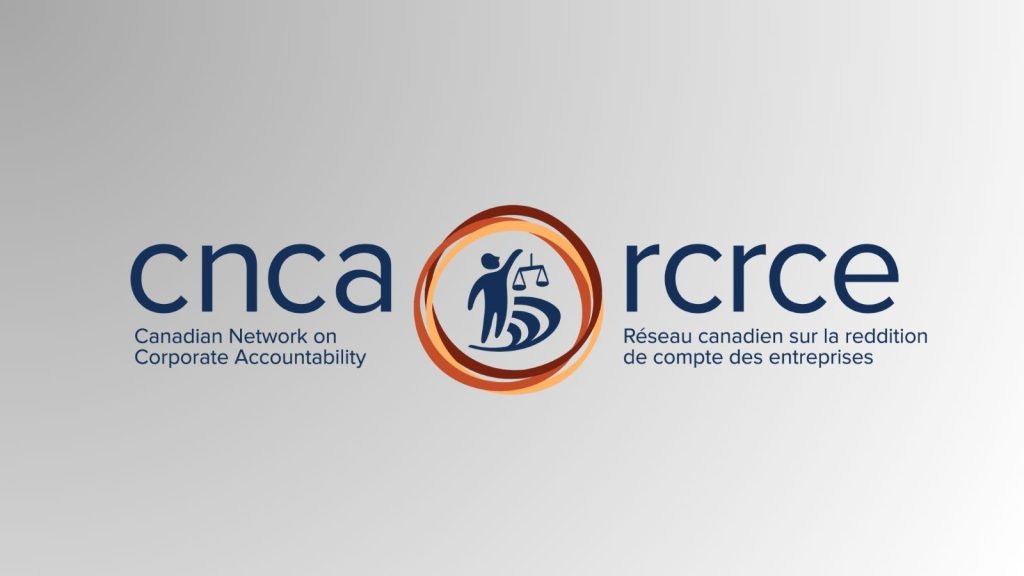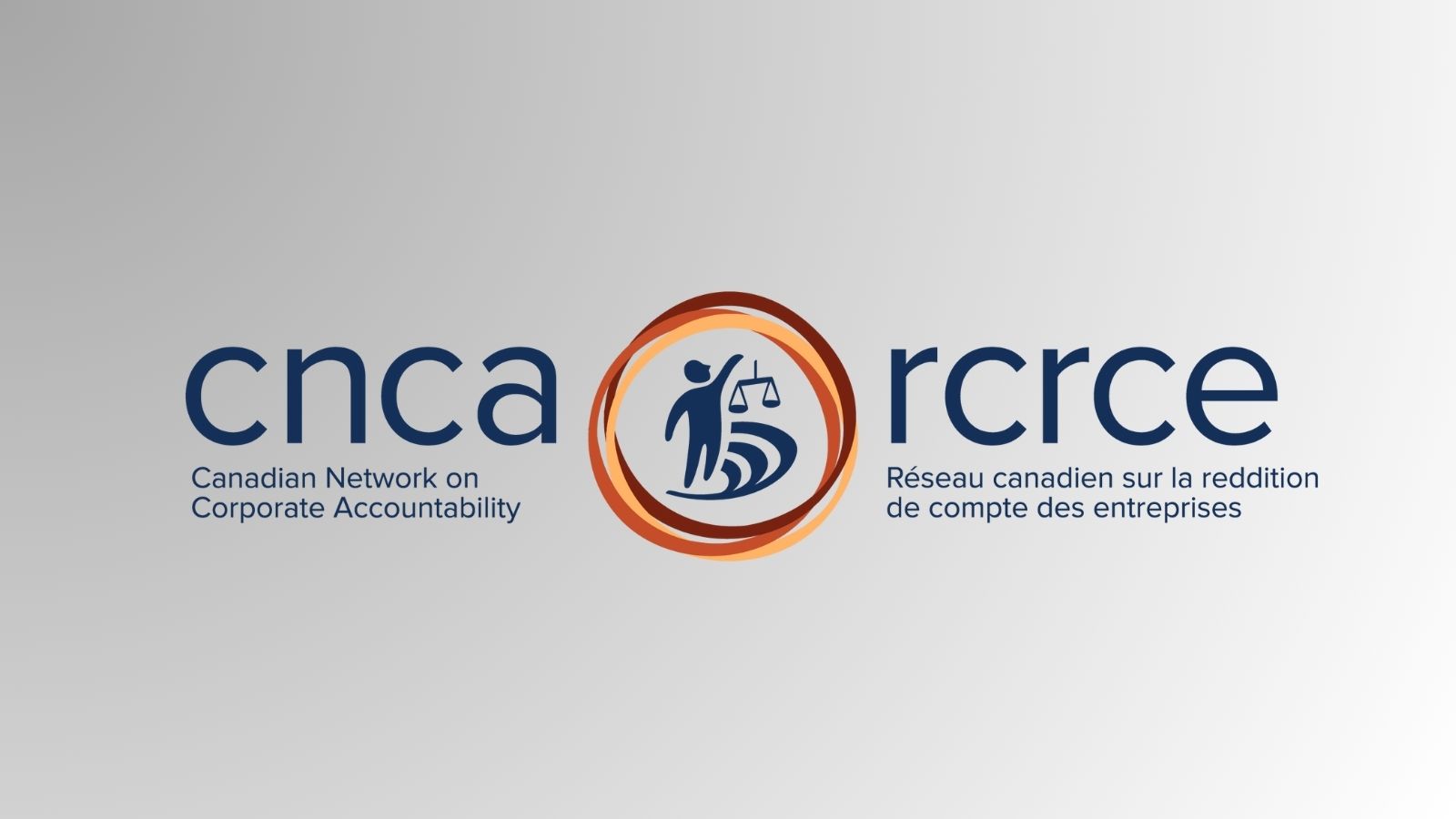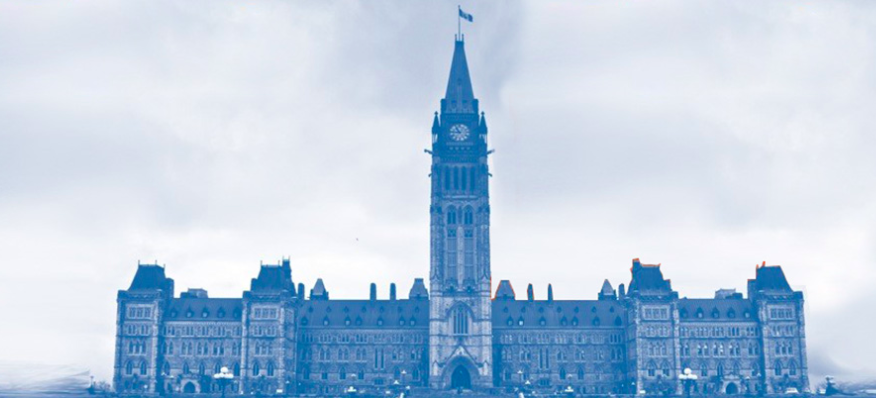This Q&A is the third in a series produced in response to misleading assertions made by industry representatives questioning the constitutionality of providing the Canadian Ombudsperson for Responsible Enterprise with full investigative powers under the Inquiries Act.
A central purpose of an ombudsperson is to conduct investigations. As Gregory Levine writes in his authoritative text, Ombudsman Legislation in Canada (2012): “Investigation lies at the heart of the ombudsman project classically defined… All provincial ombudsmen have subpoena and summons power or powers analogous to them and can compel testimony under oath… Ombudsman work depends on information, accurate and pertinent information. The power to obtain records and to hear people’s understandings of events is critical to the ombudsman project. In turn, the power to compel the production of records and to compel testimony under oath is an important underpinning of ombudsman work.”
The bottom line? Empowering the CORE with the authority to compel witnesses to testify, or order the production of documents, requires legislative authority. Given that stand-alone legislation is not an option at this stage in the mandate, the CORE could instead be appointed as a Commissioner under the Inquiries Act. Common law rules of procedural fairness and the Charter help protect parties’ interests in a fair process.
Download the PDF here.





